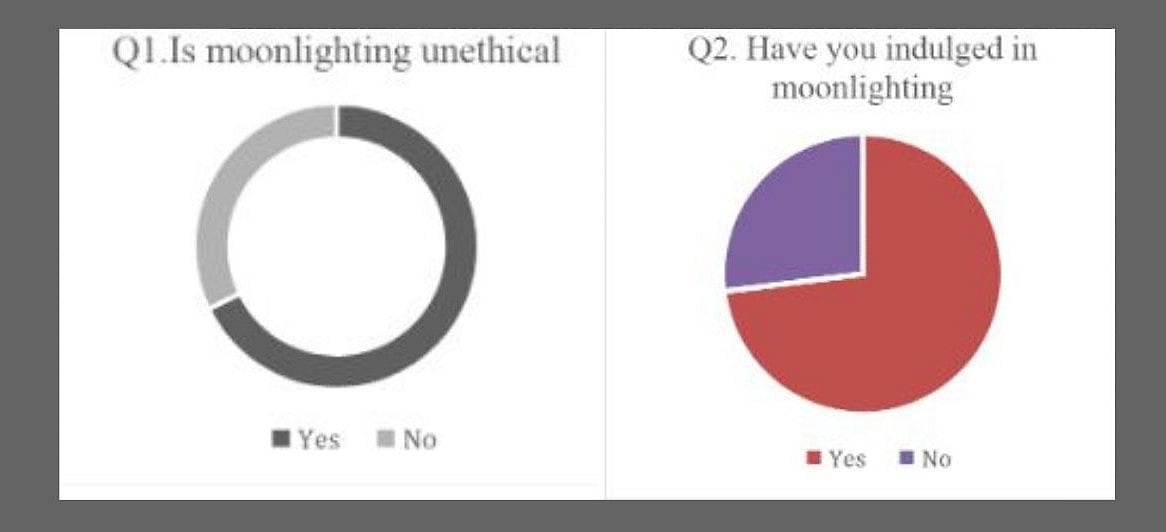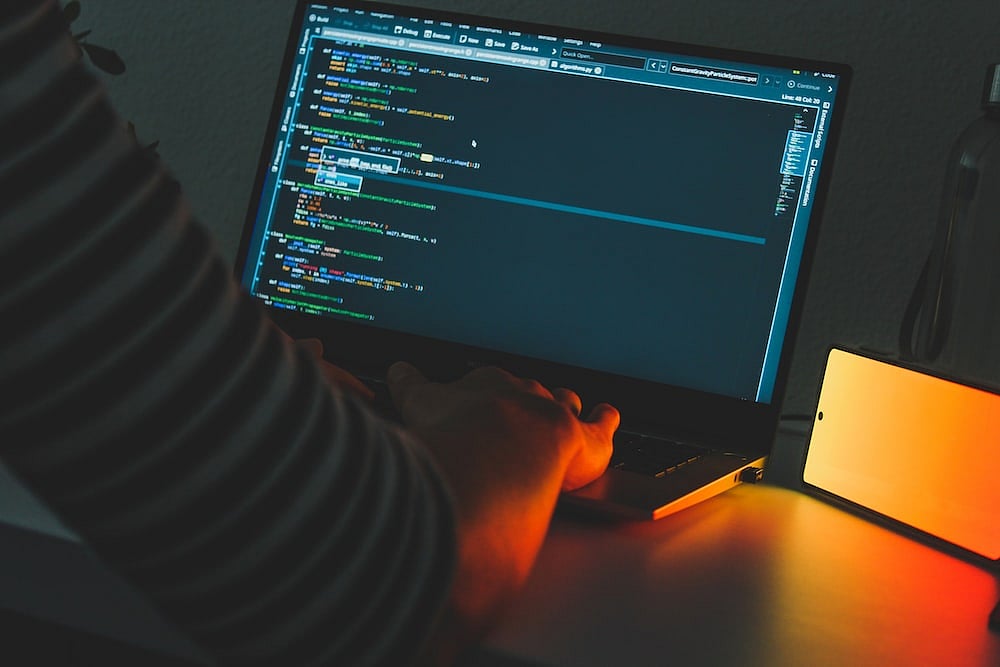New Delhi: Oxford dictionary defines moonlighting as 'having a second job, typically secretly and at night, in addition to one's regular employment.' Moonlighting has been described in a multifarious manner. Primarily, it can be explained as the phenomenon of working concurrently for two different (or competing) organisations.
The concept of moonlighting has been present in multiple industries in different forms. The practice of taking additional job along with primary full-time employment has been in vogue in industries requiring specific skill sets. To date, moonlighting is practised by professionals plying their trade as CA, CS, Doctors, Cost Accountants and in primary-secondary level education sectors. Herein, the professionals with specific skills utilise their skills for their employing organisation while simultaneously 'moonlighting' for themselves.
The recruiters' attitude
The moonlighting practice has recently been highlighted by the strict stance taken against it by leading IT companies like Infosys, Wipro, and IBM by not allowing their employees to take up a second job while in employment with the company. In an extreme case example, Wipro fired 300 employees for taking part-time jobs simultaneously while drawing salaries from the company. It was after Rishad Premji, Wipro Executive Chairman, termed moonlighting "plain and simple cheating".
Survey
Considering the impact of moonlighting on the business ecosystem, the PGDM student of FOSTIIMA Business School surveyed the 950 employees of five companies representing three industries-IT, education and financial services. The respondents were as follows:
IT companies: 540
Financial services: 325
Education industry: 85

The above survey provided meaningful insights. An interesting finding by the students was that even though 61% of the respondents believed moonlighting to be unethical, nonetheless 73% of the respondents indulged in moonlighting. Similarly, the employees providing financial services are more likely to indulge in a second job vis-à-vis the other industries. The survey showcases that financial service providers have been taking part-time gigs with other companies or freelancing before the pandemic. While the IT and education sector employees have reduced their freelancing work, the percentage of moonlighting financial service providers has remained almost similar during pre and post-Covid.

Q3: Industry-wise break-up of moonlighting employees
Another interesting motivating factor highlighted was the fear of redundancy. Almost 30% of IT employees have taken secondary jobs since they were scared of losing their primary skills due to being benched in the absence of projects requiring specific skill sets. Finally, social influence, though minor, has also proven to be a factor in taking freelancing work.

Q4. What is your motivation for moonlighting?
Two other factors- learning new skills and application of skills were also factored in by the students in the survey. The former was reasoned by a minority of 8-12% of respondents across the industries, while the latter was accepted by more than one-fifth in the education sector. Thereby highlighting the primary motive for adopting moonlighting practised by the employees is not mere self-development, as many justify.
Survey Findings
Based on the above survey, FOSTIIMA students concluded that even though the moonlighting concept has gained prominence due to the stance taken by reputed IT companies, it is the financial services requiring specific skills where the employees indulge in moonlighting the most. Further, while Covid facilitated taking a second part-time job, the practice was in vogue during pre-Covid times.
Digital adoption during the pandemic times accelerated the moonlighting practice. However, in industries like financial services, professionals indulged in these practices prior to the advent of the pandemic and continue to work in two or more organisations simultaneously. The moonlighting approach is here to stay, irrespective of the industry. The educators at all levels work with tech companies alongside their primary employment in schools; medical professionals are on retainership with 2-3 hospitals besides their clinics, and financial service professionals freelance regularly.
The flip side of moonlighting
The practice has a downside, too, wherein the issue(s) of data privacy, divided loyalty, work-life imbalance and unemployment can be cited. Therefore, the employees should refrain from indulging in moonlighting practice. In the long run, the practice has the potential to lead to an early burn-out due to its exhaustive nature. Therefore, employer organisations must consider the effect of benching skilled employees and look for ways to keep them productively engaged by enhancing their skill sets.
A case can also be made for an anti-poaching agreement between the leading organisations of a sector, provided they are not against the labour laws or contravenes employees' freedom of profession. The HR team has an essential role since they need to identify potential employees with moonlighting tendencies. Additionally, the organisation might adopt a lenient view or hands-on approach if the employees indulge in moonlighting during their time. Thus, a trust-based relationship between the employer and employee is the need of the hour.
(The survey has been conducted by Senior Management and Students, FOSTIIMA Business School)




